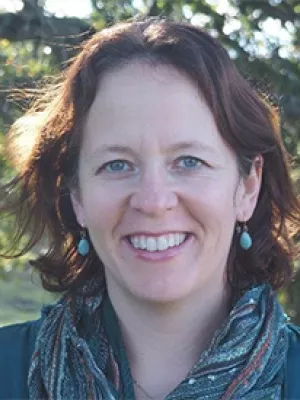
Kimberly Nicholas
Professor

Key knowledge gaps to achieve global sustainability goals
Author
Summary, in English
Regional and global assessments periodically update what we know, and highlight what remains to be known, about the linkages between people and nature that both define and depend upon the state of the environment. To guide research that better informs policy and practice, we systematically synthesize knowledge gaps from recent assessments of four regions of the globe and three key themes by the Intergovernmental Science-Policy Platform for Biodiversity and Ecosystem Services. We assess their relevance to global sustainability goals and trace their evolution relative to those identified in the Millennium Ecosystem Assessment. We found that global sustainability goals cannot be achieved without improved knowledge on feedbacks between social and ecological systems, effectiveness of governance systems and the influence of institutions on the social distribution of ecosystem services. These top research priorities have persisted for the 14 years since the Millennium Ecosystem Assessment. Our analysis also reveals limited understanding of the role of indigenous and local knowledge in sustaining nature’s benefits to people. Our findings contribute to a policy-relevant and solution-oriented agenda for global, long-term social-ecological research.
Department/s
- LUCSUS (Lund University Centre for Sustainability Studies)
- BECC: Biodiversity and Ecosystem services in a Changing Climate
Publishing year
2019-10-28
Language
English
Pages
1115-1121
Publication/Series
Nature Sustainability
Volume
2
Issue
12
Document type
Journal article
Publisher
Nature Publishing Group
Topic
- Environmental Sciences
- Other Social Sciences not elsewhere specified
Status
Published
Project
- Sustainability science in theory and practice
ISBN/ISSN/Other
- ISSN: 2398-9629